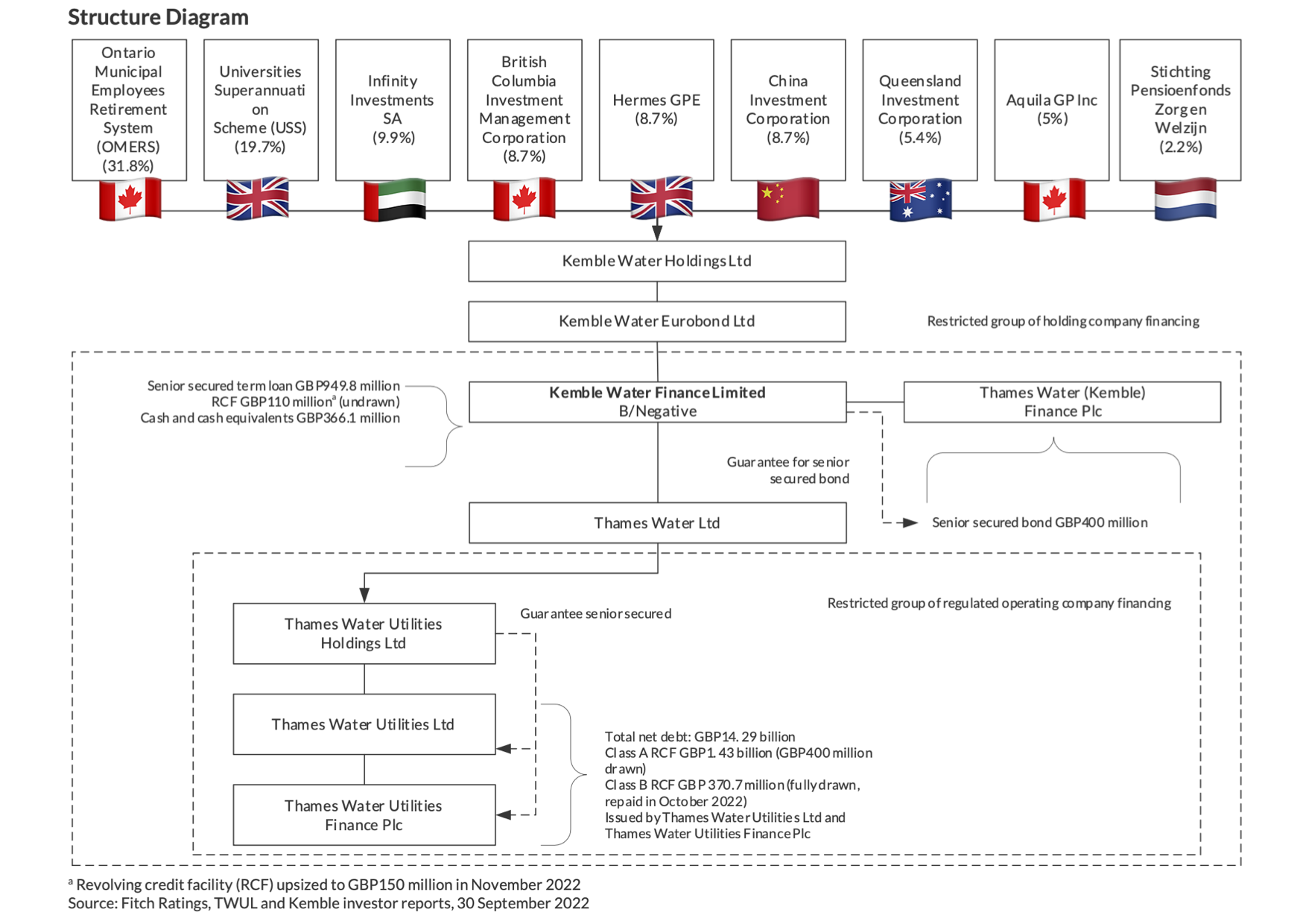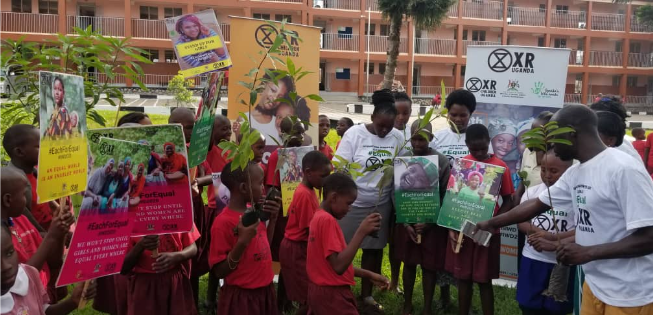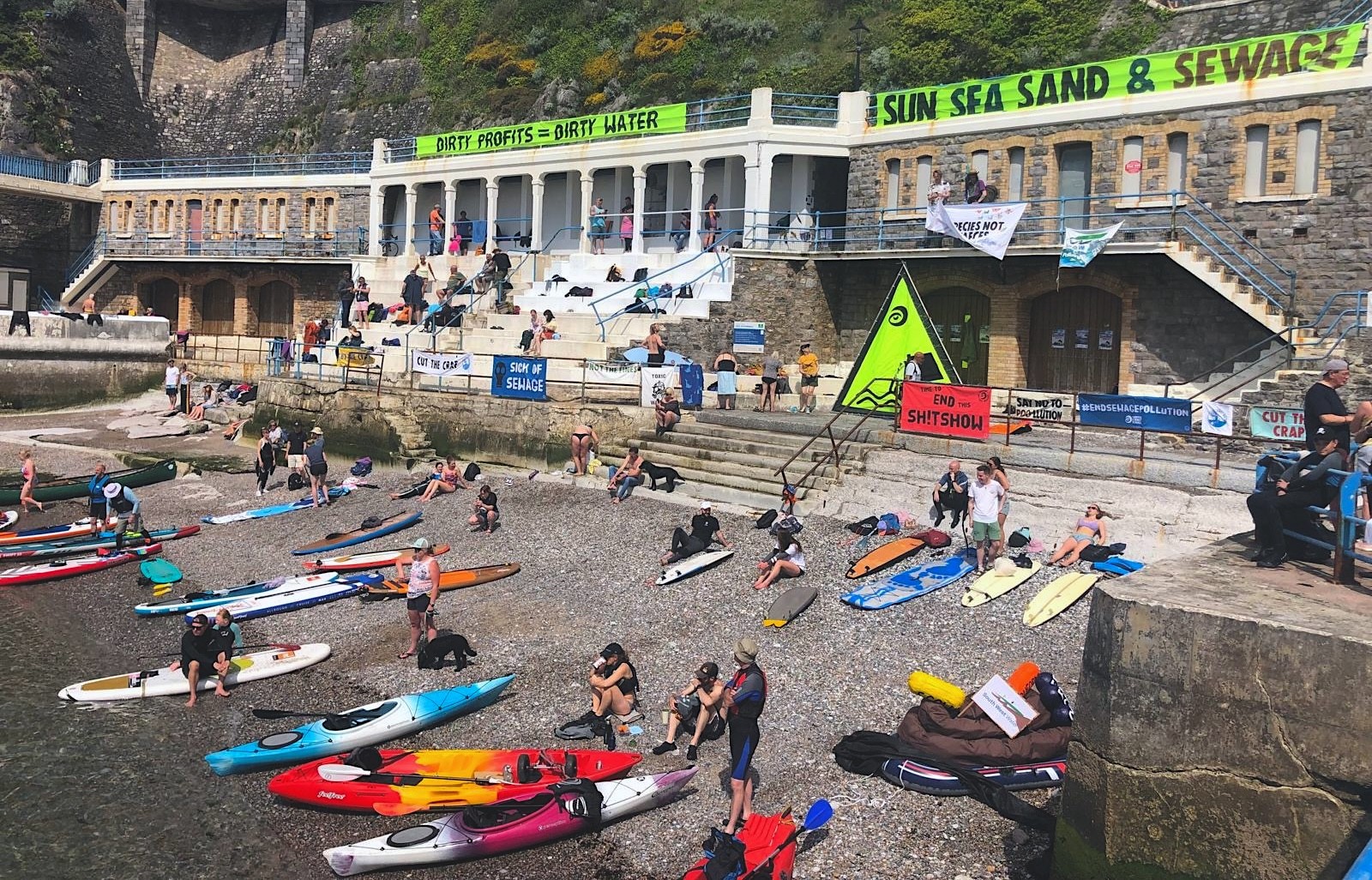Social Justice ⚖️
Global South bares the brunt
Global Justice and climate justice are inherently linked as climate change devastates countries around the world but particularly in the global south. These countries have fewer resources for dealing with climate catastrophe and often have much more harsh punishments for climate activism.
The water pollution crisis fuels injustice, where poorer communities, especially in the Global South, are tasked with the polluting production of consumer goods destined for richer communities like the UK.
Marginalised groups and people already struggling with poverty and inequality will be the first to feel the effects of the climate and ecological emergency.
The climate crisis is at least in part due to the current and historic oppression and exploitation of those most impoverished and vulnerable in our communities and around the world.
As the effects of the climate and ecological emergency worsen, resources such as water, but also money, food, healthcareand housing will become scarce. This will affect everybody but none more so than vulnerable groups such as: Low-income countries & households, people of colour, indigenous people, women, trans people, young people and disabled people. It is important that we stand together in solidarity against all injustice if we hope to tackle this crisis.
Global sustainable water management is a key concern of the UK Food and Agriculture Organisation (UNFAO). More comprehensive information can be found here.
There is a whole book dedicated to Global Justice in our Rebel Toolkit, and also a separate Social Justice Action Pack with more resources.
We also invite you to take action specifically in August 2024 for a month of solidarity and direct action as part of the 2024 Actions Strategy. Though the battle doesn’t end there, these actions can be taken at any point by anyone.
Closer to home
Our lives depend on water and so does the world around us. Water is so fundamental to our daily lives that it is considered a basic human right, with the provision of safe, sufficient and affordable water directly linked to the health, dignity and prosperity of communities across the world.
Due to poorly designed wastewater infrastructure, the UK has struggled for decades with sewage pollution to rivers and seas including many bathing sites.
Although the scourge of sewage pollution is spread evenly across the UK, one in 16 households here live in water poverty, where the cost of water makes up more than 5% of their income (data source). We all rely on water, but not all of us can afford to pay for it.
In England, wastewater services are run by nine privately owned water companies. In Wales, Scotland and Northern Ireland, these services are publicly owned (but unfortunately have an equally terrible environmental record).
The failure of privatised water in England allowed so-called 'investors' to borrow money against the value of their infrastucture and to use that money to pay themselves excessive dividends. Over the last 30 years this process 'hollowed out' all privatised water companies, where they owe 65-80% of what they are worth to banks and other companies, a process called 'gearing'.
As a consequence of 'gearing' in England now approximately 20% of every water bill is used to pay dividends and interest on loans. This social injustice burdens every person in England to pay for the stolen billions extracted through 'gearing' over the last 30 years, paying dividends to shareholders, while leaving their water infrastructure to rot.
From 2025 all water companies have announced they will further increase water bills by 30-50% to pay for badly needed improvements to cope with the rising amount of sewage and increasing rainfal due to the climate crisis.
If the cost to fix our crumbling water infrastructure is carried by the public (as it will be), rather than by their private owners, then we deman that water companies must be forced to stop paying out dividends.
Dirty Water - other examples of Social Injustice

7-year-old Zane died from flood waters poisoned by landfill site
In 2014 Zane Gbangbola, a 7-year-old child was killed and his father permanently paralysed when hydrogen cyanide emanated from a flooded toxic waste site in Surrey. Local authorities and the courts did nothing but obstruct and cover up the truth about Zane’s death. How many more toxic landfill time bombs are waiting to be flooded?
Read more about Zane's story here: truthaboutzane.com
When Thames Water collapses, pensioners will pay the price
Two thirds of Thames Water, the largest water company in Europe, is owned by pension funds. The privatised financialised system is pitching pensioners from the UK and Canada with their retirement investments against our natural habitat and the safe use of our rivers and seas for people all across the UK.
The following diagram shows the complex ownership structure of Thames Water with its ultimate owners and where they are based shown at the top:



